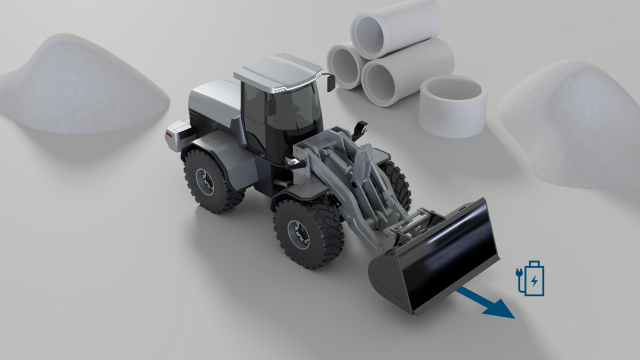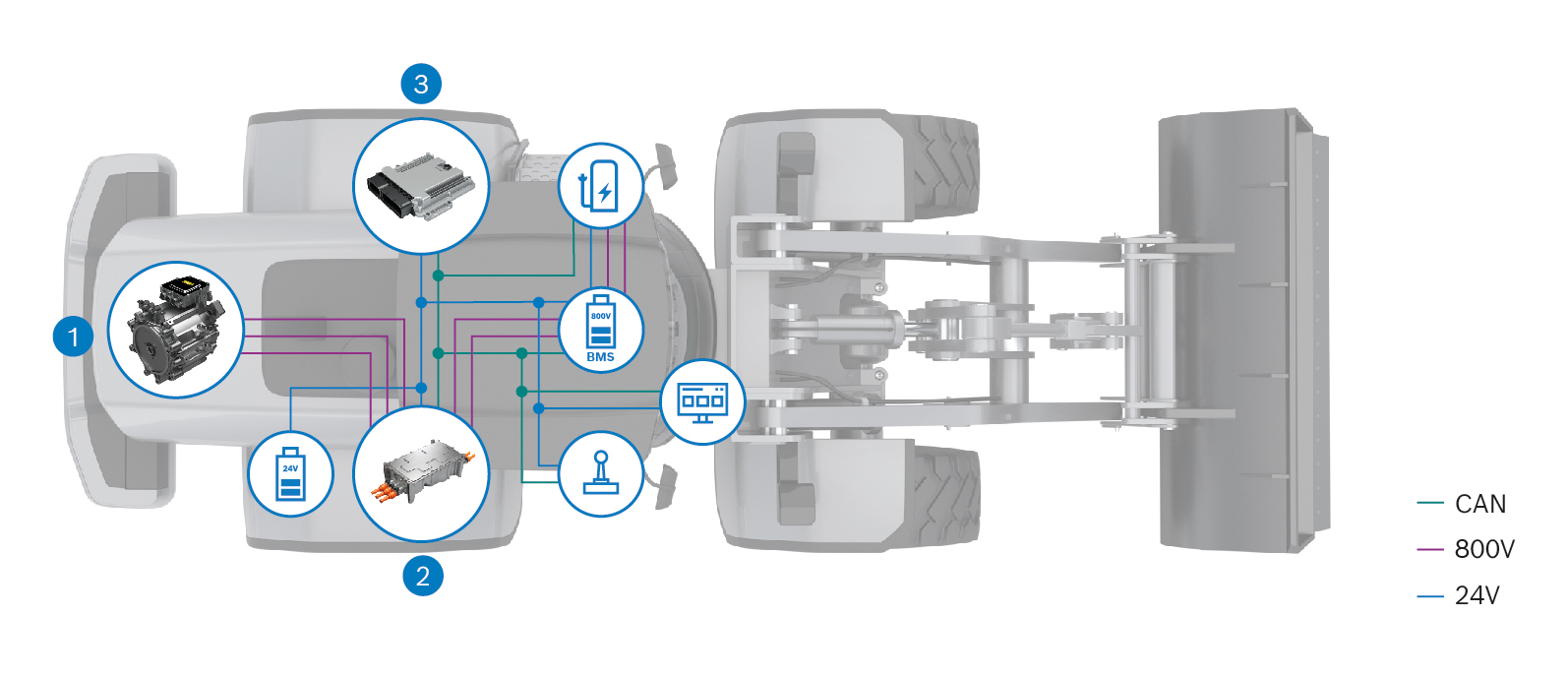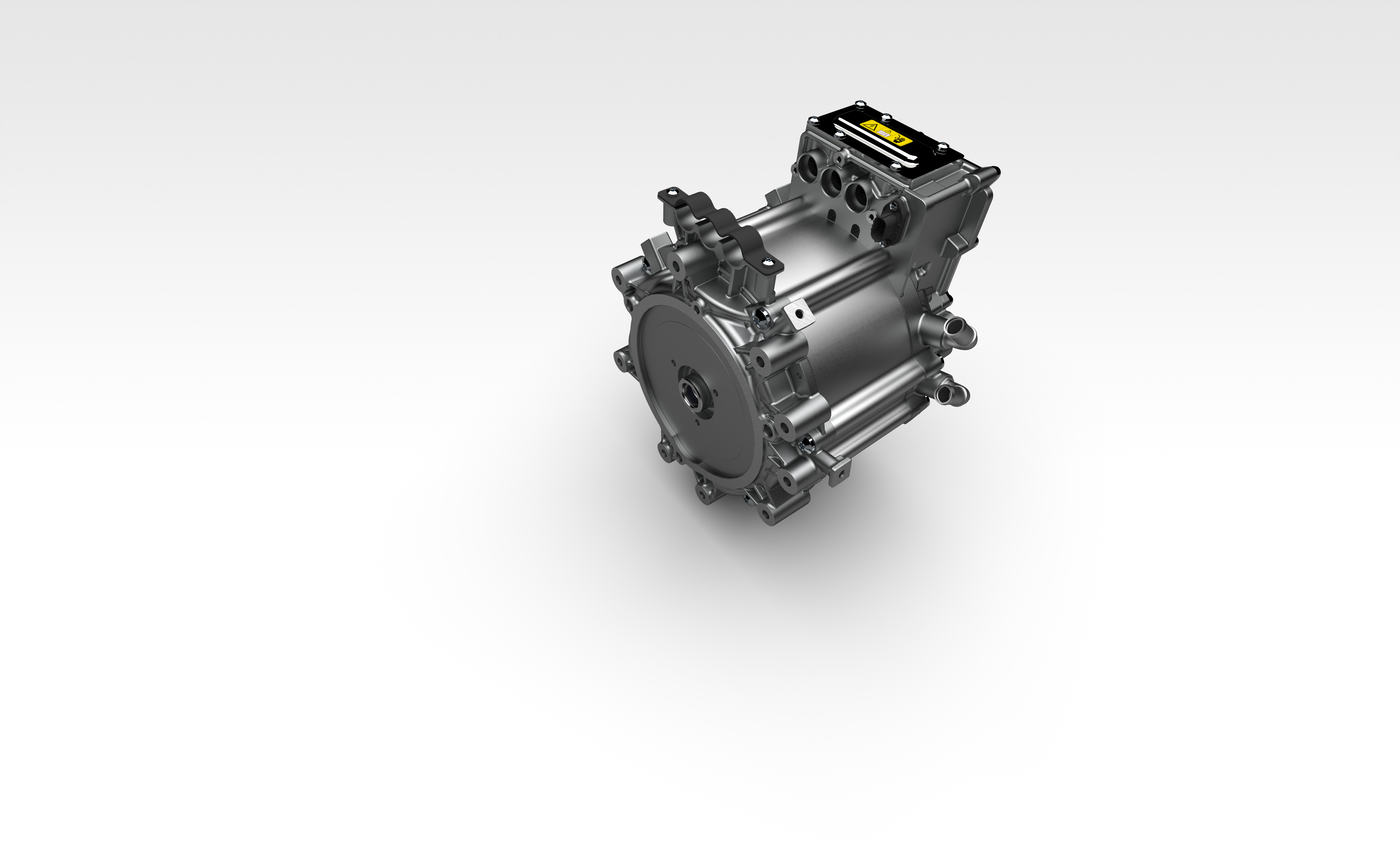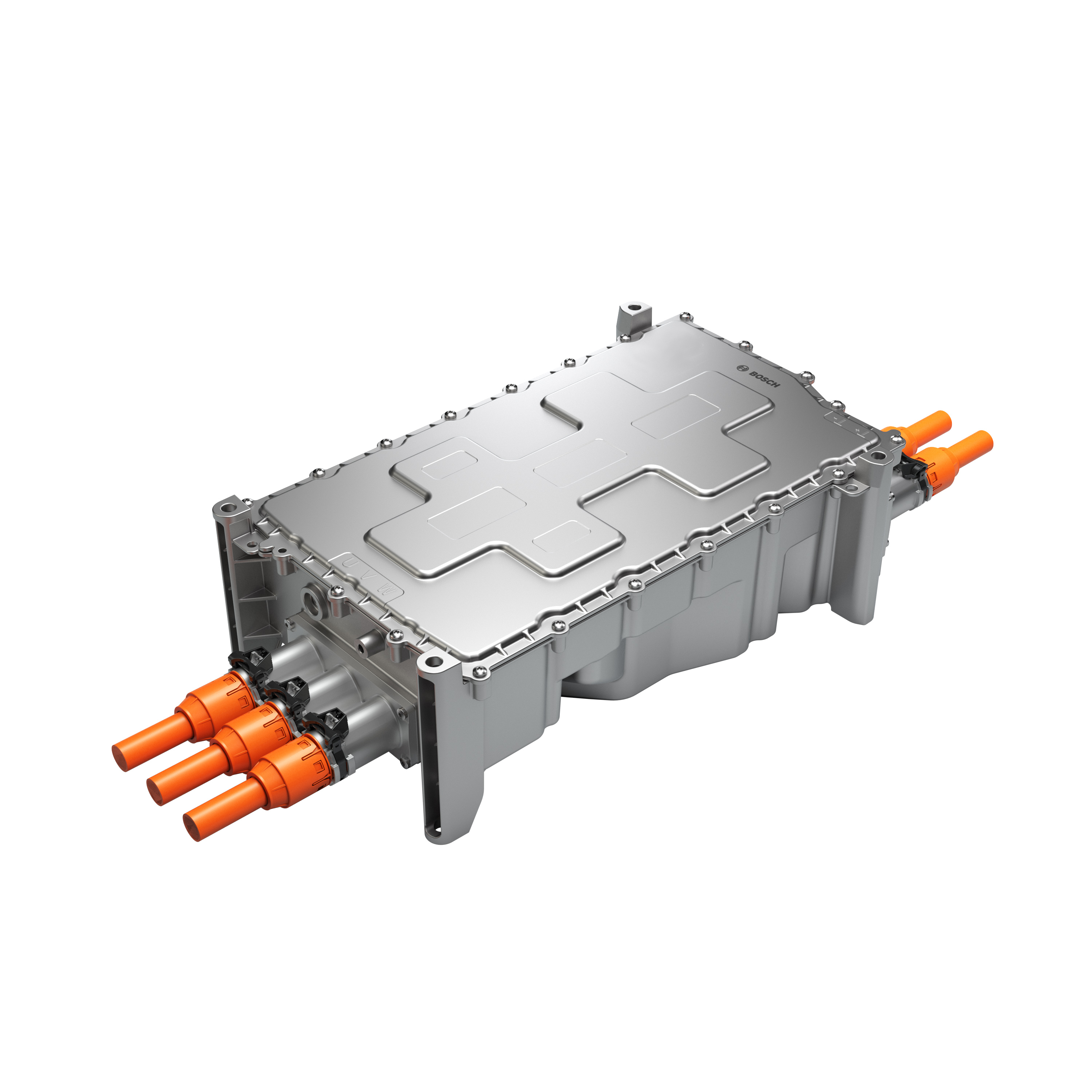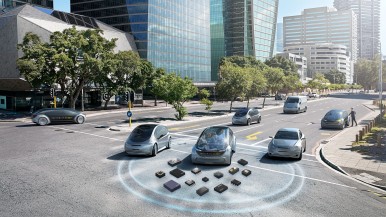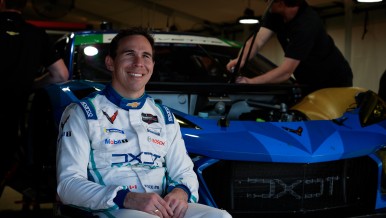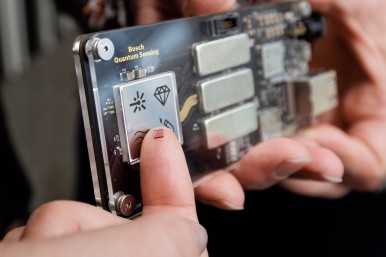Abstatt – In the face of growing environmental awareness and ever more stringent legal regulations, construction machines are increasingly being equipped with electric drives. This concept allows work to be completed with zero local emissions and thereby reduces the exhaust and noise levels that have become commonplace, for example, on construction sites in densely populated residential areas as well as in city centers. Another use case for this technology is in machinery and devices for underground mining. Such applications frequently require complex technical solutions in order to remove the exhaust gases and heat produced by internal-combustion engines. At bauma, Bosch Engineering is presenting a newly developed high-performance solution for battery voltages of up to 800 volts, which further increases the range of applications for construction machinery. “The latest generation of our powerful electric drive system combines high power density, compact dimensions, and optimum efficiency. As a result, even construction machinery with high power requirements and limited installation space, such as wheel loaders, can now be equipped with electric drives,” explains Philipp Kurek, who is responsible for off-highway and maritime solutions at Bosch Engineering. The improved overall efficiency results in a reduced total cost of ownership (TCO) of the construction machine across its service life. Depending on the application profile, electrification thus also provides potential financial benefits over diesel-hydraulic powertrains. In addition, the electrification solution from Bosch Engineering offers great flexibility in combination with tailored transmission solutions from Bosch Rexroth, such as the new eGFV9100 coaxial gearbox.
Mobility is the largest Bosch Group business sector. According to preliminary figures, it generated sales of 55.9 billion euros in 2024, and thus contributed around 62 percent of total sales. This makes the Bosch Group one of the leading mobility suppliers. Bosch Mobility pursues a vision of mobility that is safe, sustainable, and exciting. For its customers, the outcome is integrated mobility solutions. The business sector’s main areas of activity are electrification, software and services, semiconductors and sensors, vehicle computers, advanced driver assistance systems, systems for vehicle dynamics control, repair-shop concepts, as well as technology and services for the automotive aftermarket. Bosch is synonymous with important automotive innovations, such as electronic engine management, the ESP anti-skid system, and common-rail diesel technology.
About Bosch Engineering GmbH
Bosch Engineering GmbH is a wholly owned subsidiary of Robert Bosch GmbH and is head-quartered in Abstatt, Germany. As a systems development partner to the automotive industry since 1999, the company with its more than 3,200 associates offers development services for powertrains, safety and convenience systems, and electrical and electronic systems – from the original concept to series production. Specialized in electronics and software, it draws on Bosch’s proven large-scale series production technology to develop tailored solutions for a wide variety of applications in passenger cars, commercial vehicles, off-highway and recreational vehicles, and in rail applications, ships, and industry. Bosch Engineering GmbH also coordinates all the Bosch Group’s motorsports activities.
Additional information can be accessed at www.bosch-engineering.com.
The Bosch Group is a leading global supplier of technology and services. It employs roughly 417,900 associates worldwide (as of December 31, 2024). According to preliminary figures, the company generated sales of 90.5 billion euros in 2024. Its operations are divided into four business sectors: Mobility, Industrial Technology, Consumer Goods, and Energy and Building Technology. With its business activities, the company aims to use technology to help shape universal trends such as automation, electrification, digitalization, connectivity, and an orientation to sustainability. In this context, Bosch’s broad diversification across regions and industries strengthens its innovativeness and robustness. Bosch uses its proven expertise in sensor technology, software, and services to offer customers cross-domain solutions from a single source. It also applies its expertise in connectivity and artificial intelligence in order to develop and manufacture user-friendly, sustainable products. With technology that is “Invented for life,” Bosch wants to help improve quality of life and conserve natural resources. The Bosch Group comprises Robert Bosch GmbH and its roughly 470 subsidiary and regional companies in over 60 countries. Including sales and service partners, Bosch’s global manufacturing, engineering, and sales network covers nearly every country in the world. Bosch’s innovative strength is key to the company’s further development. At 136 locations across the globe, Bosch employs some 86,900 associates in research and development, of which nearly 48,000 are software engineers.
Additional information is available online at www.bosch.com, www.iot.bosch.com, www.bosch-press.com.

